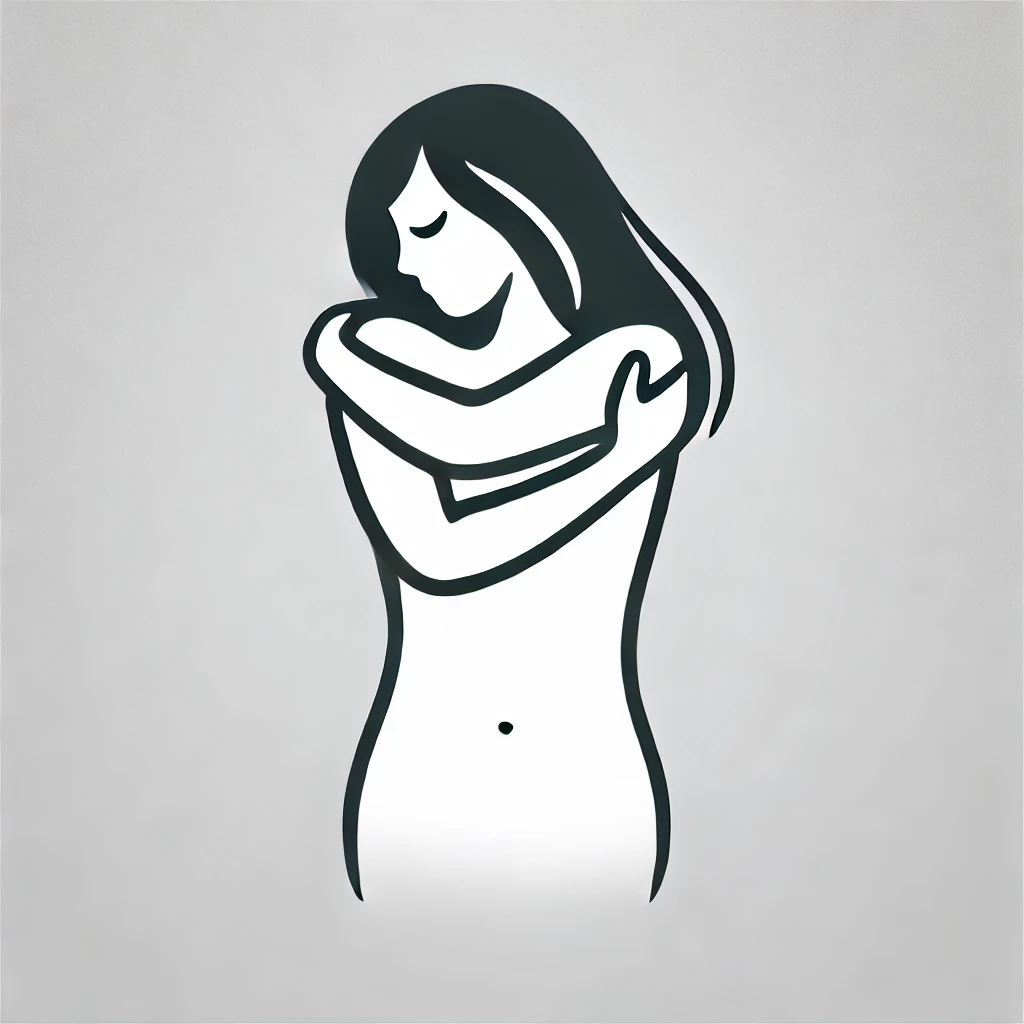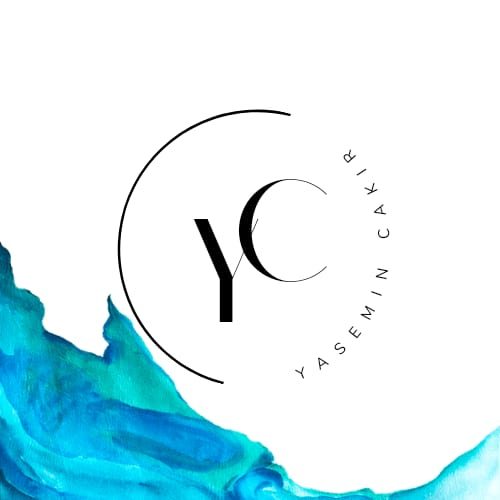We’ve all heard the saying “What doesn’t kill you makes you stronger” and whilst I agree, I feel it’s half a sentence. What doesn’t kill you makes you stronger in some circumstances, following immense pain, trauma, self-doubt, struggles with identity and broken bonds. At least in my situation…
For me, the highest moments in my life have followed myself making a decision that required immense courage, usually the opposite of what would be advised, following just a moment of self belief and passion, but these follow the path that my self-doubt has engraved into my soul, the one that bleeds fear and hesitance, rejection and loss so deeply that I become what is consuming me.
Let’s think of Diana’s ‘Revenge Dress’ for instance. Everybody focused on how amazing she was and what a ‘power move’ it was, but nobody talked about the trauma and suffering that most likely went on for that version of Diana to emerge, or when people see those in suffering, they never take into account that all the wonderful things achieved by that person previously, were also achieved by the same person, with traumas, with their struggles and that they have still unmeasurable possibilities to create magic. Healing and suffering are rarely put together in society, one person is either seen to have ‘recovered’ or not. It’s never usually seen as an ‘up and down’ journey with trauma and suffering being a daily occurrence.
How Trauma Affects our Body
In a previous blog, I discussed basically how trauma, anxiety and depression can affect the brain; but there is so much more that mental health illness’ can cause, ranging from cardiovascular issues from coping mechanisms such as turning to alcohol and fast food suggested by Dr. Bhatt, and Cancer.gov published that despite the ‘fight or flight’ response being sometimes useful, as again previously explained in the linked blog above, recurring and long-term symptoms can cause digestive issues as well as high blood pressure and a weakened immune system, headaches and even Covid-19.
Research in the same source will show that there are conflicting studies based on cancer, with some research indicating increased risk of prostate, lung, colorectal and oesophageal cancers and some studies conducted for similar research did not find any correlation; so it’s safe to say that further research is required to determine exactly what illness’ cause exactly what illness’ in the long-term, but it’s certain that the physical symptoms can be just as debilitating as the mental health condition themselves.
The Concept of Post-Traumatic Growth
Post-Traumatic Growth, also known as PTG, is a term for the positive outcomes and effects that happen from trauma healing, X the trauma.
It does not invalidate or eliminate the burden of the trauma, but simply that the person(s) affected may find beneficial traits and newfound strengths throughout their healing process.
As described above in my entrance paragraph, I feel that the best decisions that I have made in my life have been through the self confidence and my faith in my inner strength and soul that my trauma healing has provided me, as this has required a lot of self-love and acceptance. Despite not being friendly to myself at all times, I have always been a friend and have always had to provide myself with affirmations that I am capable, that I am resilient, that I am loving, that I am worthy, that I have a voice. Of course, the trauma is what caused the lack of these feelings to begin with, but the healing process has taken the voice of these feelings to a whole new level, I’m talking Whitney Houston!!
Just as healing isn’t linear, neither are these feelings and I can go from ‘I’m Every Woman’ to ‘I Have Nothing’ in a short space of time; but the euphoria provided from the positive moments make it so beautiful that it’s addictive and makes you want to fight to gain that back, to become that!
Safety and Security – Finding a Home Within
Trauma and mental health struggles can be lonely and isolating journeys. Feeling a lack of control and safety, being completely vulnerable and feeling exploited, on-show to the world in such a state can be devastating, but I have noticed I have also been able to hug myself tightly, and find solitude there, probably from lack of options- has brought me closer to myself and made me a kinder person overall, to others and myself, it has grown my empathetic abilities. With external validations being fleeting, it’s a comfort having a longer lasting relationship within myself.

It’s not Heads or Tails
The journey to healing isn’t just ‘trauma’ or ‘healing’ it’s both and it doesn’t eliminate the wounds, but turns them into scars, constant reminders but no longer bleeding is how I often feel. I have found that being more open with family and loved ones, despite the concerns of hurting them and not being understood has helped greatly as medical intervention is usually short-term but loved ones can hopefully provide a more long-term support community. Without communication, it’s understandable that they cannot grasp our inner struggles, but communicating safely can be a huge burden released.
Journaling to understand and better portray my struggles when in therapy has also been a fantastic aid is providing further insight into patterns and triggers, helping me further understand that what I am battling against is an illness, and not how life always must, or will be.
It’s normal to never be ‘done’ with healing, and it’s okay. Every cloud does indeed have a silver lining and downpours can occur, but I’m sure if you think of it, we can still feel joy with our cheeks wet from tears, or raindrops and smile at a rainbow, so yes it will rain, but it will also shine, it will be calm and it will be furious, it will blow you off your feet but also ground you, it will dull the lights and show you colours you never knew existed before so do not feel alone. These feelings are valid, they are normal, they are okay, there are human.

Additional Sources
